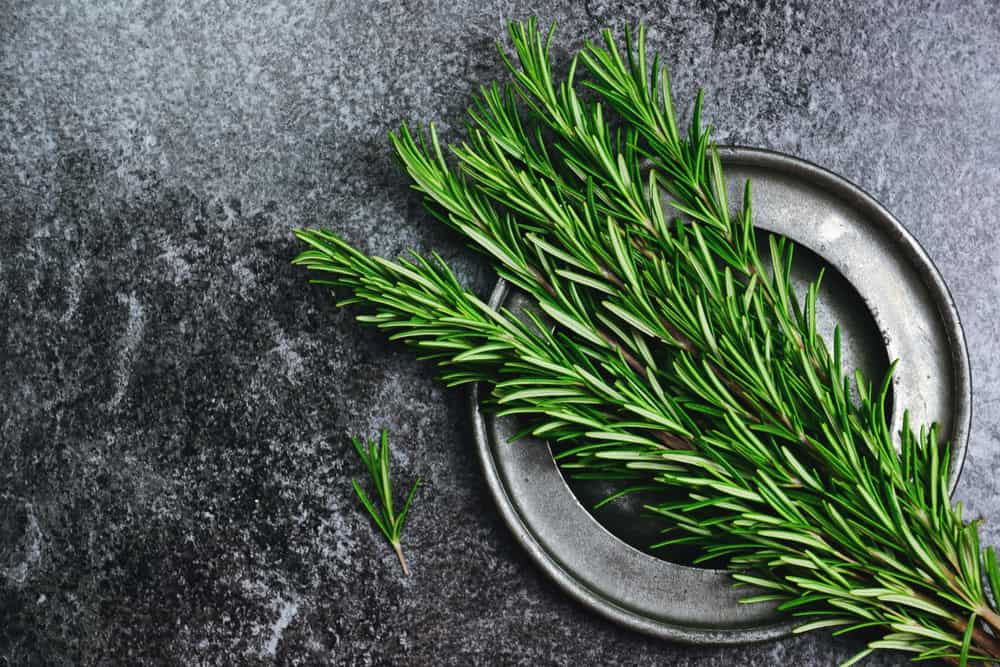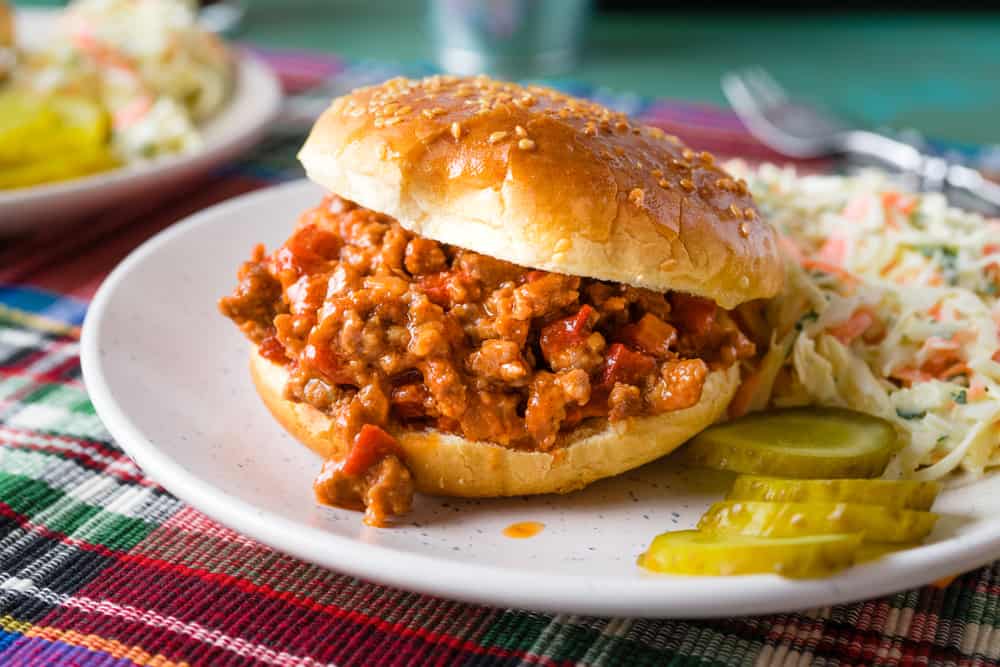Gosh, this is a complicated question! It all depends on what’s in the sauce, how and when the sauce was made, and how you store it.
We’ve all been there, too much sauce, not enough spaghetti. It’s a first-world problem but one that can be solved with a storage box and a fridge.
Now, if it’s a good sauce it probably won’t last more than a day. In my house, we’re lucky if the sauce escapes becoming a tasty midnight snack!
But let’s assume you have more restraint than my family. Maybe the sauce gets to sit in the fridge for a few days. How do you know when it’s gone bad?
Let’s take a look.
This post may contain affiliate links. Read my disclosure policy here.
Store-Bought Sauces
Store-bought sauces are great for several reasons. Firstly, they’re so much quicker and easier to cook. You can usually just throw the sauce over your spaghetti and let it heat up.
Secondly, store-bought spaghetti sauces tend to have very clear instructions about proper use and storage.
The first thing you should be aware of is the use-by date. Now, the wording of this date is very important.
According to the United States Department of Agriculture, there is no universally accepted phrasing for giving dates. There are a few commonly used phrases, however.
- Best before/ best if used by - This is not a safety date. It simply tells you when the quality will begin to degrade. Food can be consumed after this date.
- Sell by - This is also not a safety date. Instead, it is for store management and inventory management. You can eat food after this date though shops will often throw out post-dated food.
- Use by - This is the closest to a safety date you get but the USDA does not recognize it as such. Essentially, it tells you when you should consume the sauce for the best taste. Again, you can eat the sauce after this but it won’t be top quality.
- Freeze by - This date tells you when you should freeze the sauce to preserve the quality. Again it’s not a safety date, you can freeze it after the date but won’t be as tasty.
When you drill down into these wordings they seem to be pretty useless indications. And they are. The truth looks a little bit like this:
Sauce Type | Past Date |
Tomato-based sauce | 1 year |
Dairy-based sauce | 6-8 months |
Oil-based sauce | 1 year |
Dried packet sauce | 6-8 months |
These timings are only relevant if you have not opened the jar. The tamper-proof seal should still be in place.
Another thing that you might spot on the back of the sauce jar is a sentence that goes a little like this:
Once opened, consume within ...
This is generally a better indication of when the sauce will go off. However, some companies tend to err on the side of caution to avoid lawsuits.
The general rule for each kind of sauce is as follows:
Sauce Type | Past Opening |
Tomato-based sauce | 5-10 days |
Dairy-based sauce | 7 days |
Oil-based sauce | 2 weeks |
Dried packet sauce | 7 days when prepared |
These are all general guidelines and you will need to use your judgment. Scroll down to find out how you can tell if a sauce is gone off.
Homemade Sauces
The sad fact is, homemade sauces do not last as long as store-bought sauces. This is because they don’t have artificial preservatives.
It’s a bit of a kick in the teeth really. You spend all that time hunched over the stove crafting this wonderfully homey spaghetti sauce only to watch it wilt and die faster than the store-bought stuff.
If you’re planning on storing homemade sauces you’ll have to eat them within 3-4 days.
How to Store Spaghetti Sauce
If you’re hoping to prolong the life of your leftovers you’ll need to store them properly. It’s a simple process and requires nothing more than a storage box or, at a push, some plastic wrap.
There are three key principles to storing food in the refrigerator. They are:
- Reducing the temperature.
- Preventing contaminants.
- Labeling.
The first thing you’ll need to do is reduce the temperature of the sauce before it goes anywhere near the refrigerator. This is particularly true of homemade sauces that have just come off the stove.
If you put a bowl of piping hot sauce in the fridge it will bring down the temperature of the fridge as a whole. This puts everything in the fridge at risk of spoiling.
The old world rule that our grandparents and parents passed down to us is that you need to let the food cool down to room temperature before refrigerating.
This isn’t necessarily the case. If you have a large amount of food, it could take upward of 5 hours to cool completely. Leaving food out for this long will encourage bacteria to grow.
You should always aim to refrigerate your sauce within 2 hours, even if it’s still a bit warm. If you balk at the idea of putting hot food in the fridge and you have a lot of food to cool, try separating the food into smaller containers before letting them cool.
While we’re talking about containers, let’s look at that second principle, preventing contaminants.
The main aim of any kind of container is to protect the food within. What you’re trying to keep away from the food are oxygen and bacteria. To do this you want a container with a lid. Ideally, you’ll want an airtight lid but any lid is better than no lid.
Tupperware boxes are ideal for storing your pasta sauces. They tend to have sealed lids that prevent microscopic bacteria out and reduce the amount of oxygen that can get in.
If you don’t have a container with a lid, you can put plastic wrap over the top of your bowl or container.
How to Tell if Your Sauce is Off
Mold is an obvious indication that your sauce is spoiled. If there is mold anywhere, even on the lid or container, you need to throw the sauce out.
Sometimes, mold doesn’t grow straight away. There are other things that you can look out for.
- A change in color - Tomato-based sauces will go from a bright red to a deep maroon red. When the color is very dark, you do not want to eat the sauce. Throw it out.
- A change in texture - You might notice that the sauce separates with oils resting on top of the rest of the thicker sauce. If this is the case, you should probably get rid of the sauce.
Another difference you might notice is bubbles along the top of the sauce. This suggests that the veg in your sauce has fermented. It will taste tangy if you eat it at this point. Just bin it.
- A change of smell - Your nose is a pretty good tool, use it! If it smells unpleasant to you then it’s probably off. Dairy-based sauces will be the easiest to smell. It will have that sour smell of turned milk.
Tomato-based sauces will start to smell sharp and tangy when they go off.
Final Thoughts
As tasty as your spaghetti sauce might be, it’s not worth eating it if you suspect it’s off!
Try to stick within the recommended guidelines and always give it a sniff before you tuck in!





